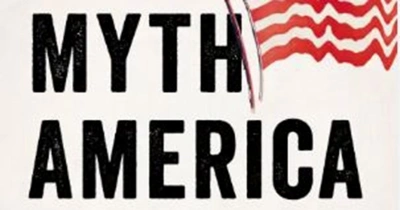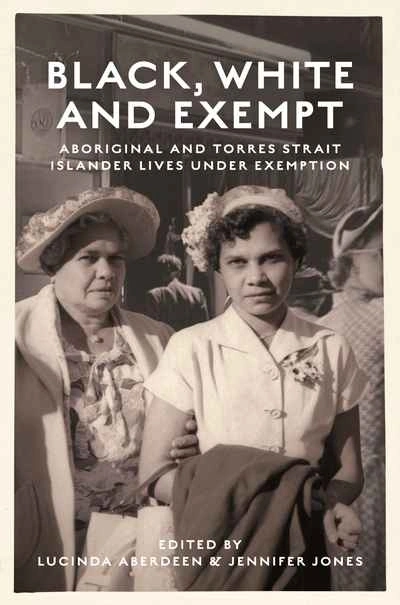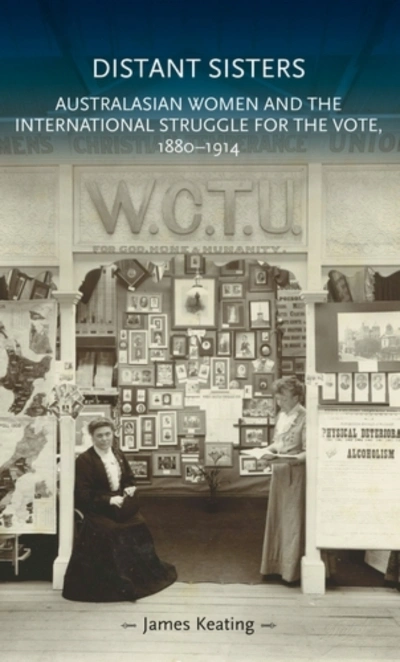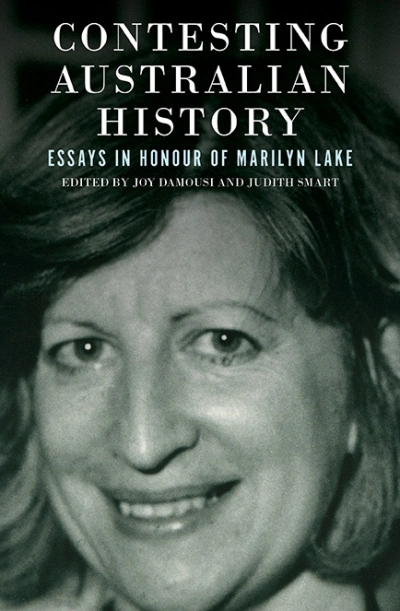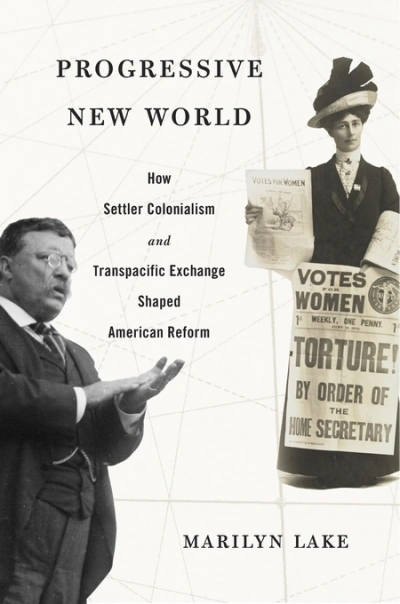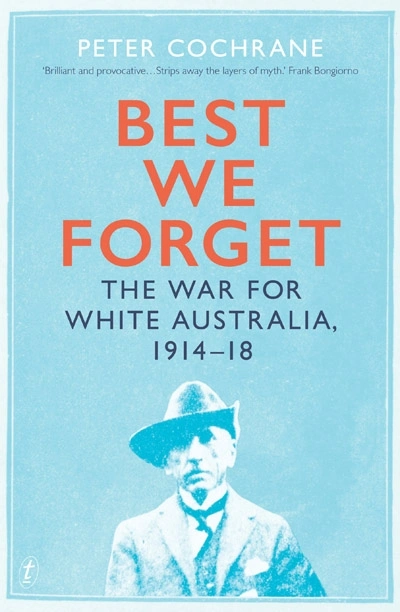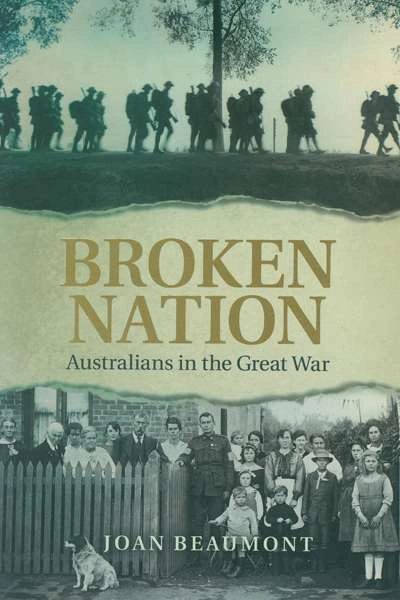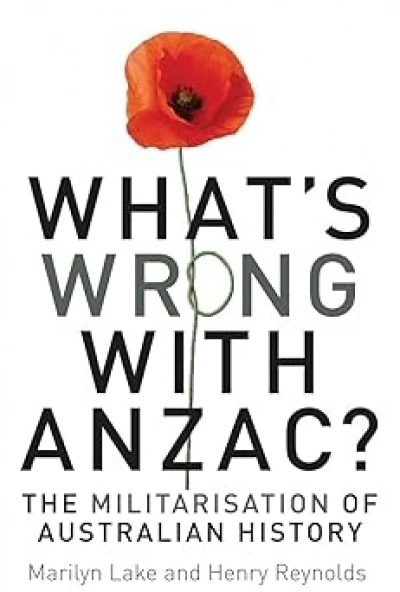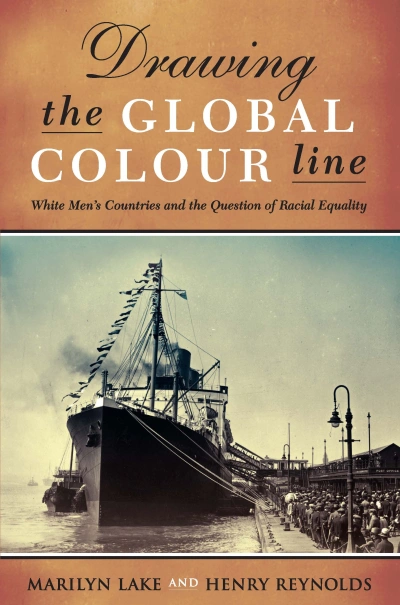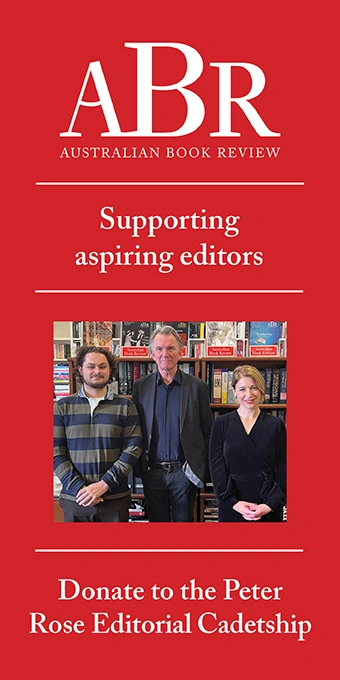Marilyn Lake
Myth America: Historians take on the biggest legends and lies about our past edited by Kevin M. Kruse and Julian E. Zelizer
by Marilyn Lake •
Black, White and Exempt: Aboriginal and Torres Strait Islander lives under exemption edited by Lucinda Aberdeen and Jennifer Jones
by Marilyn Lake •
Distant Sisters: Australasian women and the international struggle for the vote, 1880–1914 by James Keating
by Marilyn Lake •
Contesting Australian History: Essays in honour of Marilyn Lake by Joy Damousi and Judith Smart
by Christina Twomey •
Progressive New World: How settler colonialism and transpacific exchange shaped American reform by Marilyn Lake
by Ian Tyrrell •
Best We Forget: The war for white Australia, 1914–18 by Peter Cochrane
by Marilyn Lake •
To celebrate the best books of 2017 Australian Book Review invited nearly forty contributors to nominate their favourite titles. Contributors include Michelle de Kretser, Susan Wyndham, James Ley, Geordie Williamson, Jane Sullivan, Tom Griffiths, Mark Edele, and Brenda Niall.
... (read more)Broken Nation: Australians in the Great War by Joan Beaumont
by Marilyn Lake •
What’s wrong with Anzac? The militarisation of Australian history by Marilyn Lake and Henry Reynolds (with Mark McKenna and Joy Damousi)
by Robin Prior •
Drawing the Global Colour line: White men’s countries and the question of racial equality by Marilyn Lake and Henry Reynolds
by Warwick Anderson •


